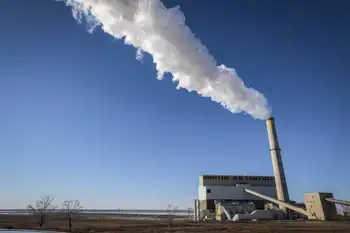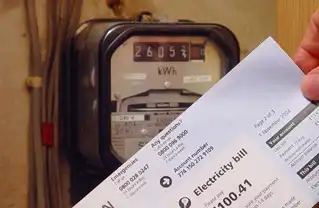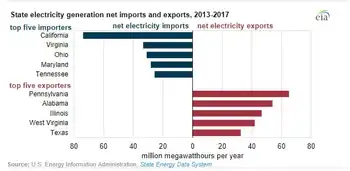Alberta cancels carbon capture funding agreement
- The Alberta government and Swan Hills Synfuels have agreed to discontinue their $285 million carbon capture and storage CCS funding agreement.
Lower than expected natural gas prices have pushed back timelines for Swan Hills Synfuels’ production of synthetic gas and associated carbon capture plans. “At present, it’s more economical to purchase natural gas than it is to manufacture synthetic gas,” said Swan Hills Synfuels CEO Martin Lambert. “It’s a market reality that has led to significant delays on the CCS side of the project.”
Deferred project timelines move the carbon capture components beyond the scope of the governmentÂ’s funding requirements. To date, no money has been advanced by the province for the project.
In 2011, the province committed $285 million over 15 years for Swan Hills Synfuels to capture the carbon dioxide CO2 from the gasification of underground coal and sell it for use in enhanced oil recovery.
“Persistent low prices for Alberta’s natural gas have driven this business decision,” said Energy Minister Ken Hughes. “CCS remains a key part of Alberta’s commitment to reducing greenhouse gas emissions and the responsible development of our energy resources.”
Government is moving forward with two oil sands related CCS projects, the Alberta Carbon Trunk Line and Shell Quest. Combined, they are expected to reduce greenhouse gas emissions by 2.76 million tonnes annually by 2016, the equivalent of taking 550,000 cars off the road. “Alberta’s unprecedented commitment of $1.3 billion for these projects speaks to how serious we are about climate change and reducing our impact,” added Hughes. No decisions have been made with respect to re-allocating the funding.
Related News

Alberta shift from coal to cleaner energy
EDMONTON - The turn of the calendar to 2018 saw TransAlta retire one of its coal power generating units at its Sundance plant west of Edmonton and mothball another as it begins the transition to cleaner sources of energy.
The company will say goodbye to three more units over the next year and a half to prepare them for conversion to natural gas.
This is part of a fundamental shift in Alberta, which will see coal power completely eliminated by 2030, replaced by a mix of natural gas and renewable sources.
“We’re going to see that transition continue right up…




